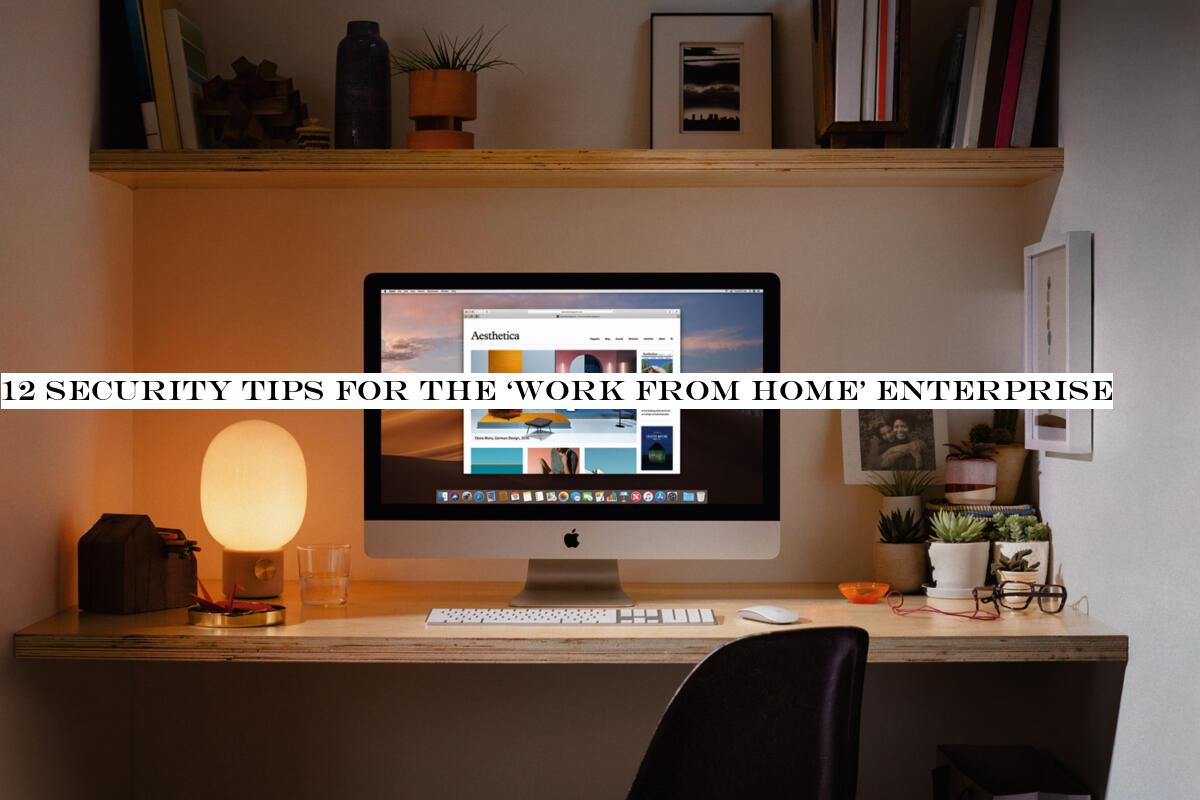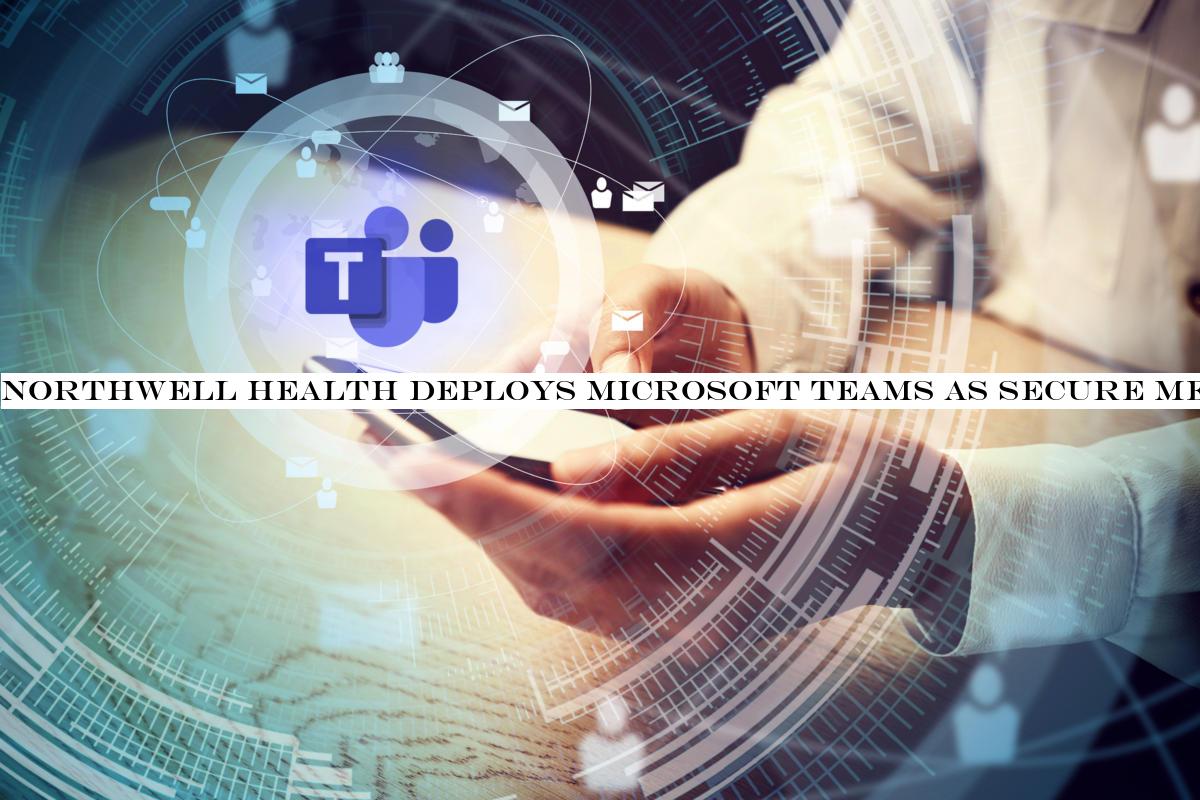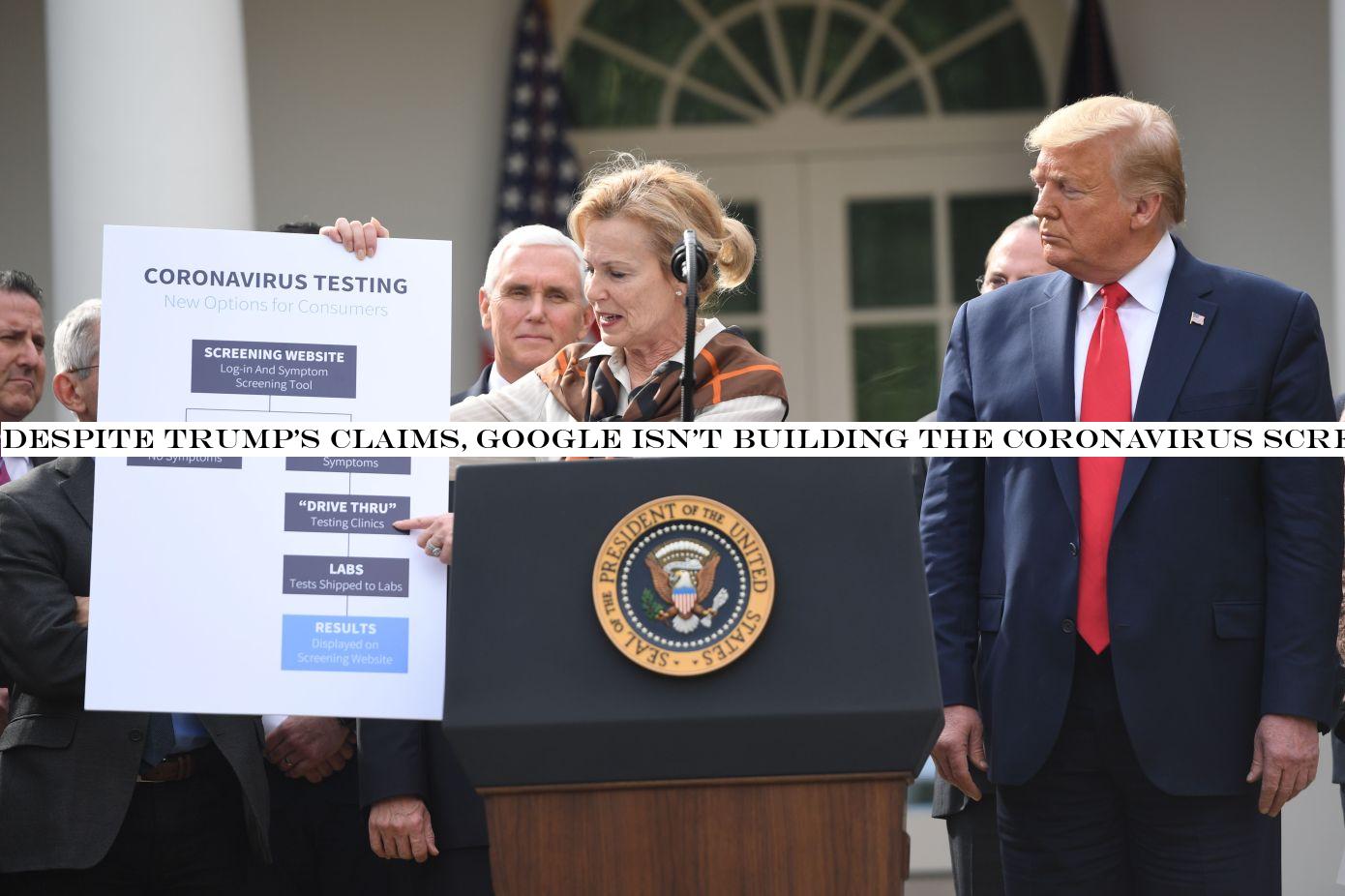Music
Trailers
DailyVideos
India
Pakistan
Afghanistan
Bangladesh
Srilanka
Nepal
Thailand
Iraq
Iran
Russia
Brazil
StockMarket
Business
CryptoCurrency
Technology
Startup
Trending Videos
Coupons
Football
Search
Download App in Playstore
Download App
Best Collections
Technology

If you or your employees are working from home while our governments lurch awkwardly through the current crisis, then there are several security considerations that must be explored.
Your enterprise outside the wall
Enterprises must consider the consequences of working from home in terms of systems access, access to internal IT infrastructure, bandwidth costs and data repatriation.
What this means, basically, is that when your worker accesses your data and/or databases remotely, then the risk to that data grows.
While at normal times the risk is only between the server, internal network and end user machine, external working adds public internet, local networks and consumer-grade security systems to the risk mix.
To read this article in full, please click here
- Details
- Category: Technology Today
Read more: 12 security tips for the ‘work from home’ enterprise
Write comment (95 Comments)The new bill will offer paid sick leave, stronger unemployment benefits, free virus testing and more money for food assistance and Medicaid and was approved only after 13 phone calls between the House Speaker Nancy Pelosi and Treasury Secretary Steve Mnuchin, according to a report in The New York Times.
While stocks rose sharply after the Presidentaddress, delaying the bill could cause further economic uncertainty and continue what has been a wild couple of months for financial markets beset by barrage of bad news and stopgap measures designed to boost the economy, but failing to address the actual pressures impacting global markets (driving people to invest in stock markets doesn&t solve the financial shock that stems from an economy grinding to a halt in response to a national epidemic).
As cities and states encourage (or in some cases mandate) social distancing and self-quarantines as a response to limit the spread of COVID-19, the disease caused by the novel coronavirus SARS-CoV-2, huge swaths of Americaservice sectors will be affected.
That applies to startups like the retail chains b8ta and Neighborhood Goods, the beauty brand, Glossier, the Los Angeles-based arcade chain for the new millennium, Two Bit Circus; and the most celebrated of the direct to consumer startups, Warby Parker.
Italso a factor for gig and sharing economy companies like Postmates, Instacart, Lyft, Uber, Airbnb and others — companies which were venture capital darlings for their novel approach to excess resources (be it cars, spare time, or space).
These companies have already faced criticism from lawmakers on Capitol Hill over their compensation practices for workers who may be affected by the coronavirus outbreak.
Hitting pause on Americashopping and dining in malls and restaurants, entertainment in bars, theaters, concerts, and at plays, and the closure of public spaces, along with work-from-home policies that reduce foot traffic to local businesses or retail chains in business districts will hit low-income workers and hospitality staff, who don&t have paid-time-off or at risk of losing their jobs as business slows.
Those social distancing measures are also one of the best chances cities have to slow the spread of the virus, according to most experts. And paid time off has been shown to reduce the spread of disease, according to the New York Times report on the billpassage.
&Today, we will pass the Families First Coronavirus Response Act after reaching an agreement with the Administration,& Speaker Pelosi wrote on Twitter. &This legislation builds on the action that House Democrats took last week to put #FamiliesFirst with our strong, bipartisan $8.3 billion emergency funding package.&
- Details
- Category: Technology Today

Pilot fish is looking at whattaking up disk space on one of her servers. Not surprisingly, some of the biggest files are archives of Microsoft Outlook messages from one user.
But the files have names likeDo Not Use__archive1.pst(size: 3,263,697 KB) andArchive4(dont open-is broken down).pst(size: 7,070,993 KB).
&Broken? I wonder if itbecause the file size is 3.5 times larger than the maximum that Outlook supports,& grumbles fish.
&Most people, when they have a corrupted file, they just delete it. This user is keeping the PSTs in hopes that someday the technology will become available to allow him to open his broken archives and recover his emails from them.
To read this article in full, please click here
- Details
- Category: Technology Today
Read more: Flashback Friday: Hoarder
Write comment (90 Comments)
Amazon has canceled re:MARS 2020, an annual AI event that focuses on machine learning, automation, robotics and space, over concerns about the COVID-19 pandemic. The event was scheduled to be held June 16 to 19, 2020 in Las Vegas.
Organizers of the event said in a statement on its website that the event will be cancelled and guests who purchased tickets will receive a full refund. Herethe statement:
Thank you for your interest in re:MARS 2020. Our top priority is the well-being of our employees, customers, partners, and event attendees. We have been closely monitoring the situation with COVID-19, and after much consideration, we have made the decision to cancel re:MARS 2020. All guests who have purchased tickets will receive a full refund of registration fees. Hotel rooms booked through our conference website will be canceled free of charge. Over the course of the coming weeks, we will explore other ways to engage the community.
Amazon launched re:MARS in 2019 and last year featured founder and CEO Jeff Bezos, Landing AI founder and CEO Andrew Ng, actor and producer Robert Downey, Jr., MIT Media Lab researcher Dr. Kate Darling and Boston Dynamics founder Marc Raibert, and Zoox CEO Aicha Evans, among others.
COVID-19, a disease caused by a new virus that is a member of the coronavirus family and a close cousin to the SARS and MERS viruses. COVID-19 has caused governments and companies to cancel tech, business and automotive events around the world, including the NCAA March Madness basketball tournaments, professional sports games in the NBA and NHL, the Geneva International Motor Show, MWC in Barcelona and the SXSW festival in Austin, Texas. Disneyland and California Adventure will close through the end of the month. On Friday, President Donald Trump declared a national emergency, a designation that allows the government to free up more federal resources that states can access as they respond to outbreak.
Amazon issued guidance Thursday in response to the COVID-19 outbreak recommending that global employees who are able to work from home to do so through the end of March.
&We continue to work closely with public and private medical experts to ensure we are taking the right precautions as the situation continues to evolve,& an Amazon spokesperson said in an email statement. &As a result, we are now recommending that all of our employees globally who are able to work from home do so through the end of March.&
Earlier this week, Amazon said it would provide two weeks of extra paid time off for full and part-time employees who are diagnosed with COVID-19 or placed into quarantine. The company said it will continue to pay all hourly employees, including food service, janitorial and security staff, who support its offices around the world.
- Details
- Category: Technology Today
Read more: Amazon cancels re:MARS 2020 event amid COVID-19 outbreak
Write comment (95 Comments)
Northwell Health is connecting tens of thousands of hospital workers with Microsoft Teams, improving collaboration between clinical staff and reducing the time needed to access patient information.
To read this article in full, please click here
(Insider Story)- Details
- Category: Technology Today
Read more: Northwell Health deploys Microsoft Teams as secure messaging tool for clinical staff
Write comment (90 Comments)In a press conference at the White House, President Trump today announced that 1,700 Google engineers were working on a coronavirus screening site. That site was supposedly the first step in a new screening process that would lead people from figuring out if their symptoms warranted more testing to the location of new &drive through& testing stations. But Trump was wrong. This screening site isn&t being developed by Google . Instead, itbeing built by Verily, Alphabetlife science division — and itnot ready to launch yet either.
While both share the same parent company in Alphabet, these are two very different companies. In addition, as Verily noted in a statement it provided almost three hours after Trump made the announcement, this site isn&t quite ready yet.
&Verily is developing a tool to help triage individuals for COVID-19 testing. We are in the early stages of development, and planning to roll testing out in the Bay Area, with the hope of expanding more broadly over time,& the company said in its statement. &We appreciate the support of government officials and industry partners and thank the Google engineers who have volunteered to be part of this effort.&

Dr. Debbie Birx, White House Coronavirus Response Coordinator speaks as US President Donald Trump (R) and other members of the White House Coronavirus Task Forcee listen at a press conference on COVID-19, known as the coronavirus, in the Rose Garden of the White House in Washington, DC, March 13, 2020. & Trump is declaring coronavirus a national emergency. (Photo by SAUL LOEB / AFP) (Photo by SAUL LOEB/AFP via Getty Images)
Verily specifically mentions that the site is in its &early stages.& Debbie Birx, the White House Coronavirus Response Coordinator, as well as Trump, made no mention of the fact that this site wasn&t ready yet or that it would only roll out in the Bay Area at first.
Instead, anybody watching the press conference surely came away with the impression that the site was essentially ready, especially given its pivotal role in the overall screening process.
&I want to thank Google. Google is helping to develop a website,& Trump said. &Itgonna be very quickly done — unlike websites of the past — to determine whether a test is warranted and to facilitate testing at a nearby convenient location. We have many, many locations behind us, by the way. We cover this country and large parts of the world, by the way. We&re not gonna be talking about the world right now, but we cover very, very strongly our country. Stores in virtually every location. Google has 1,700 engineers working on this right now. They have made tremendous progress.&
Similarly, when Birx presented the new screening approach, she specifically noted that the process will start with the screening website. Given some of Trumpearlier comments in the press conference, a number of pundits believed that the site would be ready by Sunday night.
Here is Verilystatement about its plans for its site, according to a spokesperson: &What I can share at this time is that our aspiration is for the triage tool to be used much more broadly. Initially, we&re linking it with several sites in the Bay Area to test and iterate, and collaborating closely with organizations like Quest Diagnostics and LabCorp who are also working on additional approaches to making testing more accessible and expedient in other areas.&
In a different statement to The Verge, Verily said the tool was originally meant for healthcare workers and that the presidential announcement changed its course to becoming a public site. Whatever the original intent of the project, it seems quite clear that Verily was taken somewhat aback by the announcement.
Now, itnot uncommon for anybody outside of the tech world to use Alphabet and Google interchangeably. Still, Verily is not Google and the Bay Area is not the whole country. Those are important facts.
- Details
- Category: Technology Today
Page 1245 of 1446

 7
7





